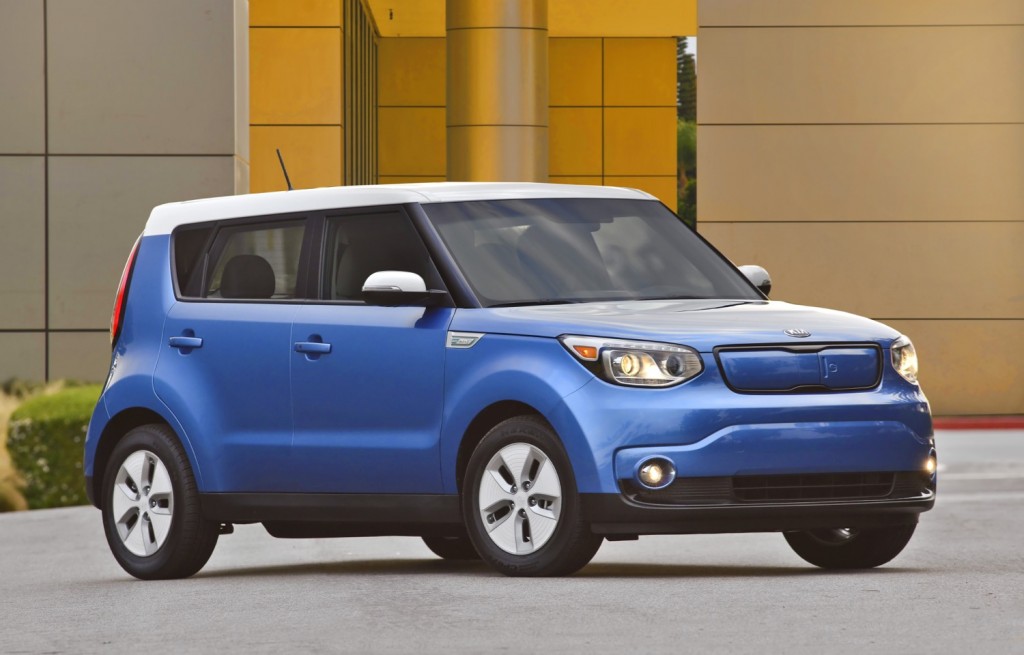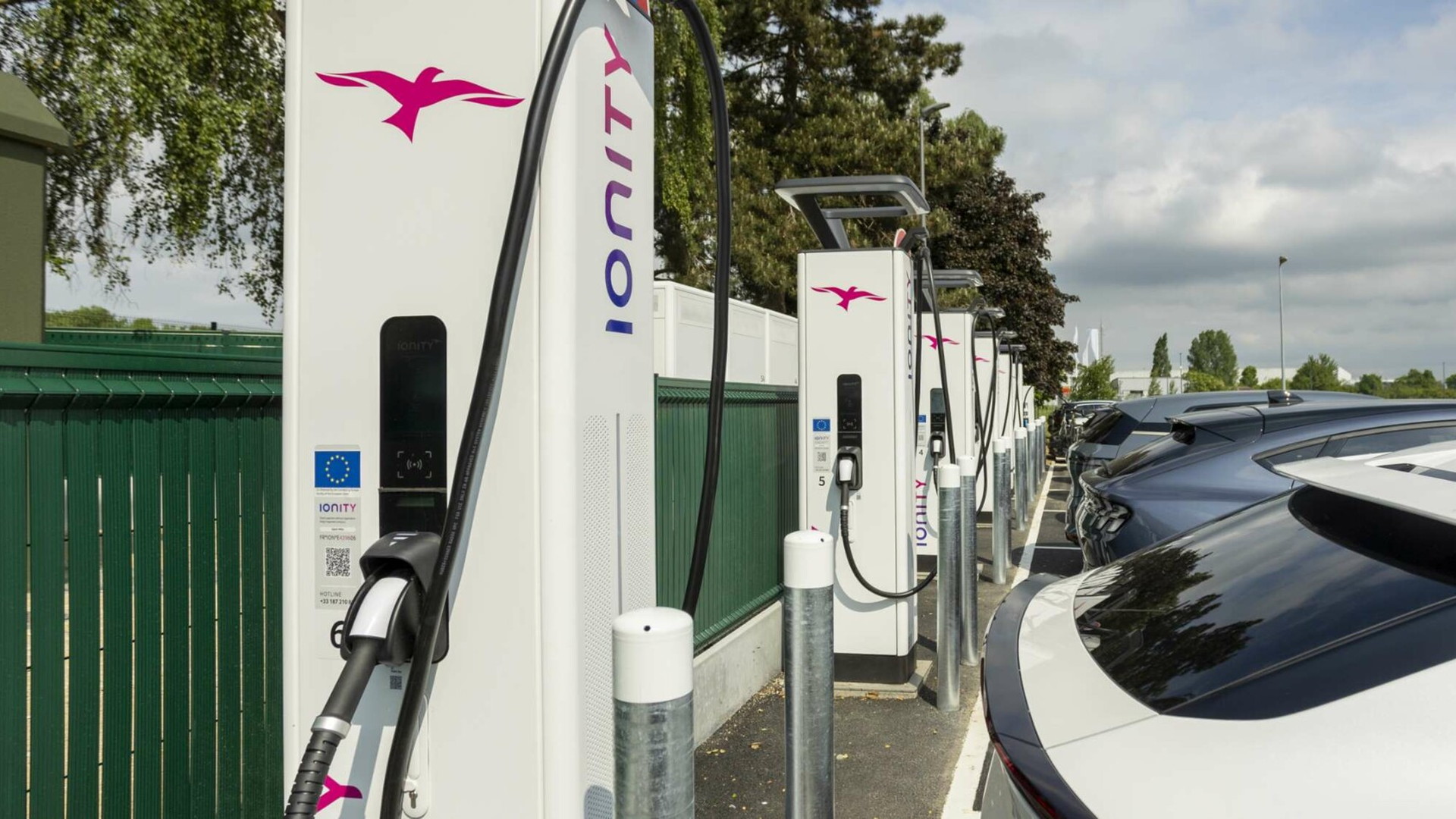A major obstacle to widespread adoption of electric cars is that they're not offered for sale everywhere.
Collectively, automakers offer a significant number of all-electric models, but just a handful are available in all regions of the country.
That means buyers in certain electric-car backwaters may not be able to get one—or at least the one they want.
DON'T MISS: How can automakers sell more electric cars? Sierra Club report has suggestions
A recent study conducted by the Union of Concerned Scientists (UCS) charted the unevenness of electric-car sales in the U.S.
As in most previous studies, California led the nation in electric-car friendliness by far.
Between 2010 and 2016, about 400,000 plug-in electric cars were sold in the U.S., and roughly half of those sales occurred in the Golden State.

2016 Tesla Model S
That's largely due to California's zero-emission vehicle mandate, which requires larger-volume automakers to sell cars that produce no tailpipe emissions.
This led some makers to launch "compliance cars" built solely to satisfy that mandate, and often sold exclusively in California. They count toward the total nonetheless.
In 2015, there were 22 electric-car models on sale in California, while no other state had more than 14, according to the UCS study.
ALSO SEE: Electric-car shopping far too hard; dealers, carmakers can improve, says report
Looking at metropolitan areas, between January and June 2016, Boston had 90 percent fewer online listings for electric cars than Oakland.
That's despite what the UCS describes as similar levels of interest in electric cars between consumers in California and the Northeast.
The study showed that, in the absence of regulations forcing them to sell electric cars, very few automakers seem genuinely interested in promoting them.

2016 Nissan Leaf
Just three models—the Chevrolet Volt, Nissan Leaf, and Tesla Model S—account for the vast majority of electric-car sales.
Thanks in part to a growing lineup of plug-in hybrids, BMW now actually leads carmakers in plug-in cars as a proportion of its total sales.
They account for around 3 percent of the German luxury brand's U.S. sales, and now 7 percent of its sales in California.
MORE: Multi-brand electric-car dealer to open in Canada after Iceland test
Meanwhile, Fiat Chrysler Automobiles (FCA), Honda, Hyundai/Kia, and Toyota were deemed plug-in car "laggards" by the UCS.
Honda and Toyota currently don't offer any plug-in cars in the U.S., although Honda plans to launch a battery-electric version of its upcoming Clarity Fuel Cell, and Toyota is prepping the 2017 Prius Prime plug-in hybrid for launch.
Both Japanese carmakers advocate hydrogen fuel-cell cars as an alternative to battery-electrics, with Toyota being particularly insistent on that point.

2016 Kia Soul EV
Hyundai currently offers a plug-in hybrid version of the Hyundai Sonata mid-size sedan, and Kia has the all-electric Soul EV, but the UCS criticized the maker of both brands for offering them only in certain regions.
The 2017 Hyundai Ioniq will be offered wiith hybrid, plug-in hybrid, and battery-electric powertrains.
Hyundai has said that while the battery-electric version won't be stocked in all states, customers will be able to order any of the three no matter where they live.
CHECK OUT: 1 in 6 cars sold in 2020 must be electric to meet fuel-economy rules: study
FCA only sells its Fiat 500e electric car in California and Oregon, and CEO Sergio Marchionne has made it clear that the model exists only to satisfy California's zero-emission vehicle mandate.
The Italian-American carmaker will soon launch a plug-in hybrid version of the Chrysler Pacifica minivan, but it has no known plans for a mass-market all-electric car.
And while Toyota sold more than 40,000 of its Prius Plug-In Hybrid, that car's minimal all-electric performance has led to widespread assumptions that many of them were never plugged in at all.
_______________________________________________












